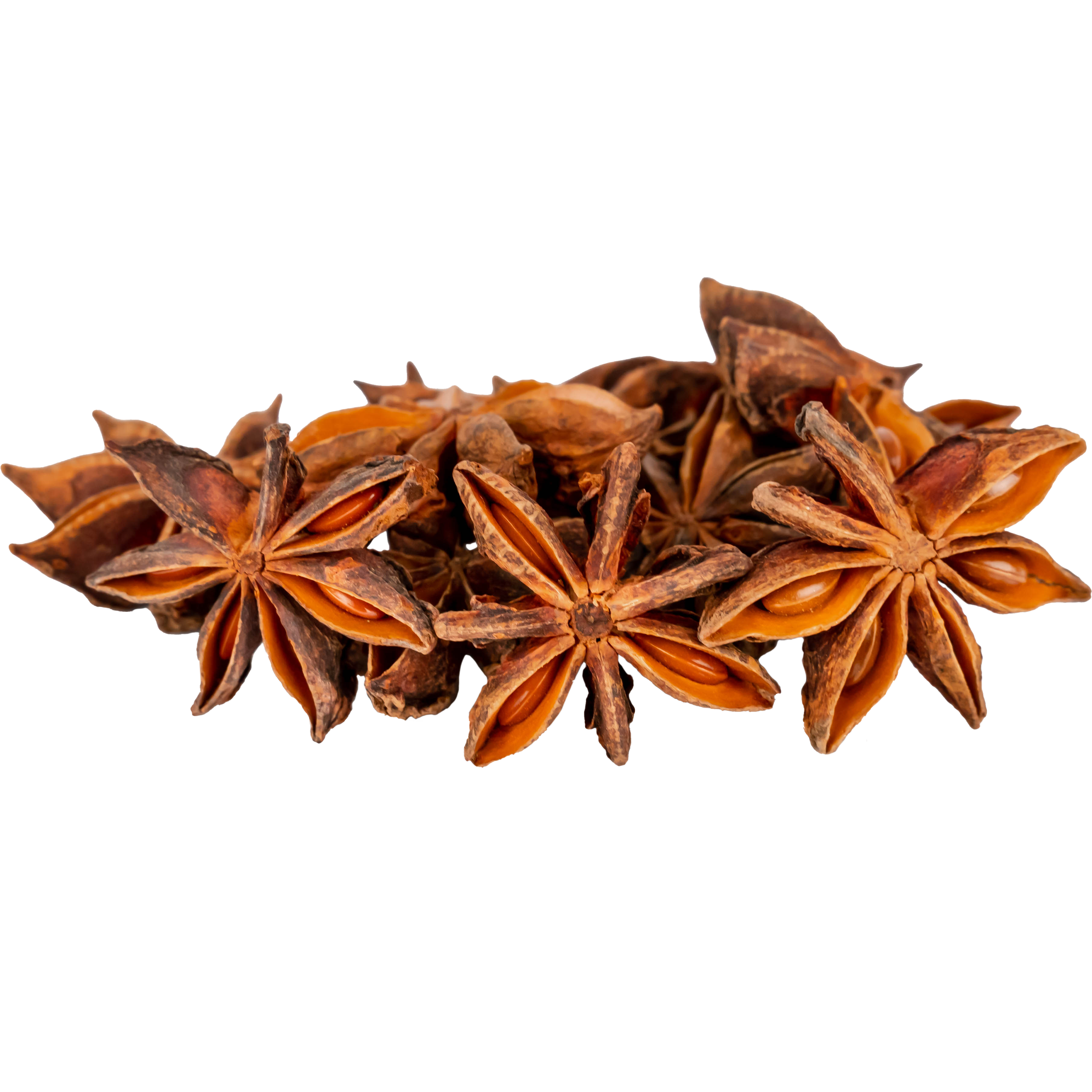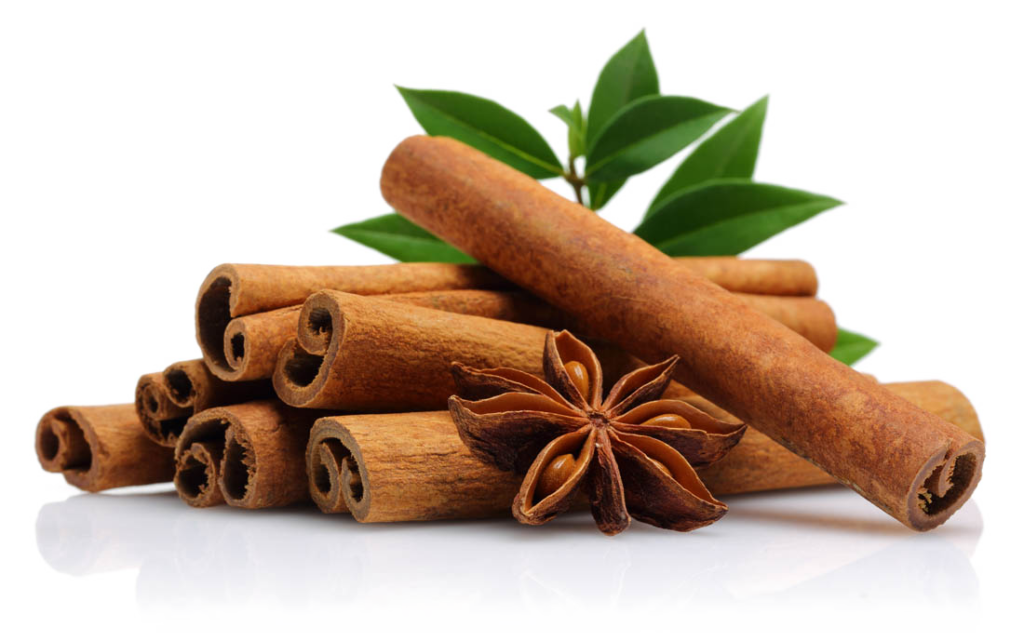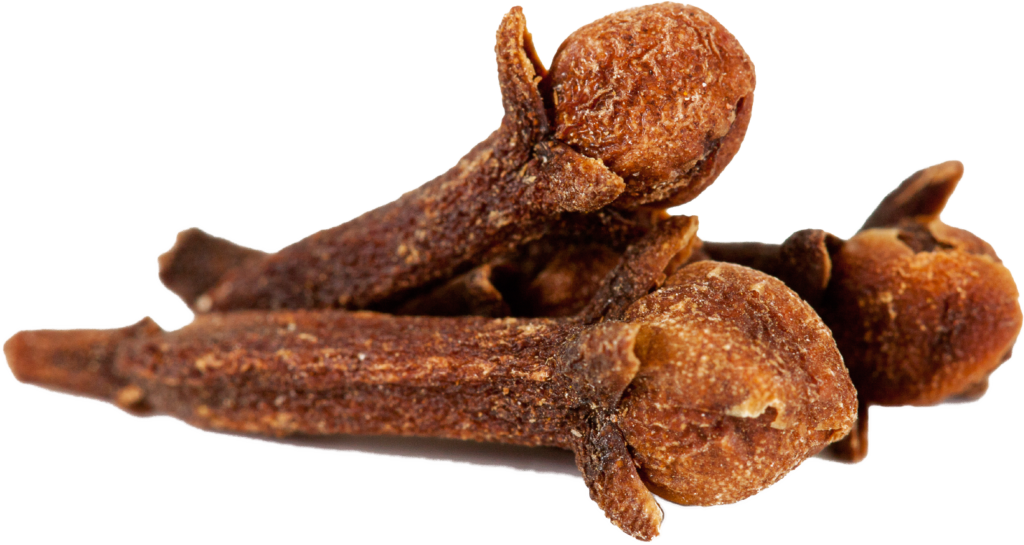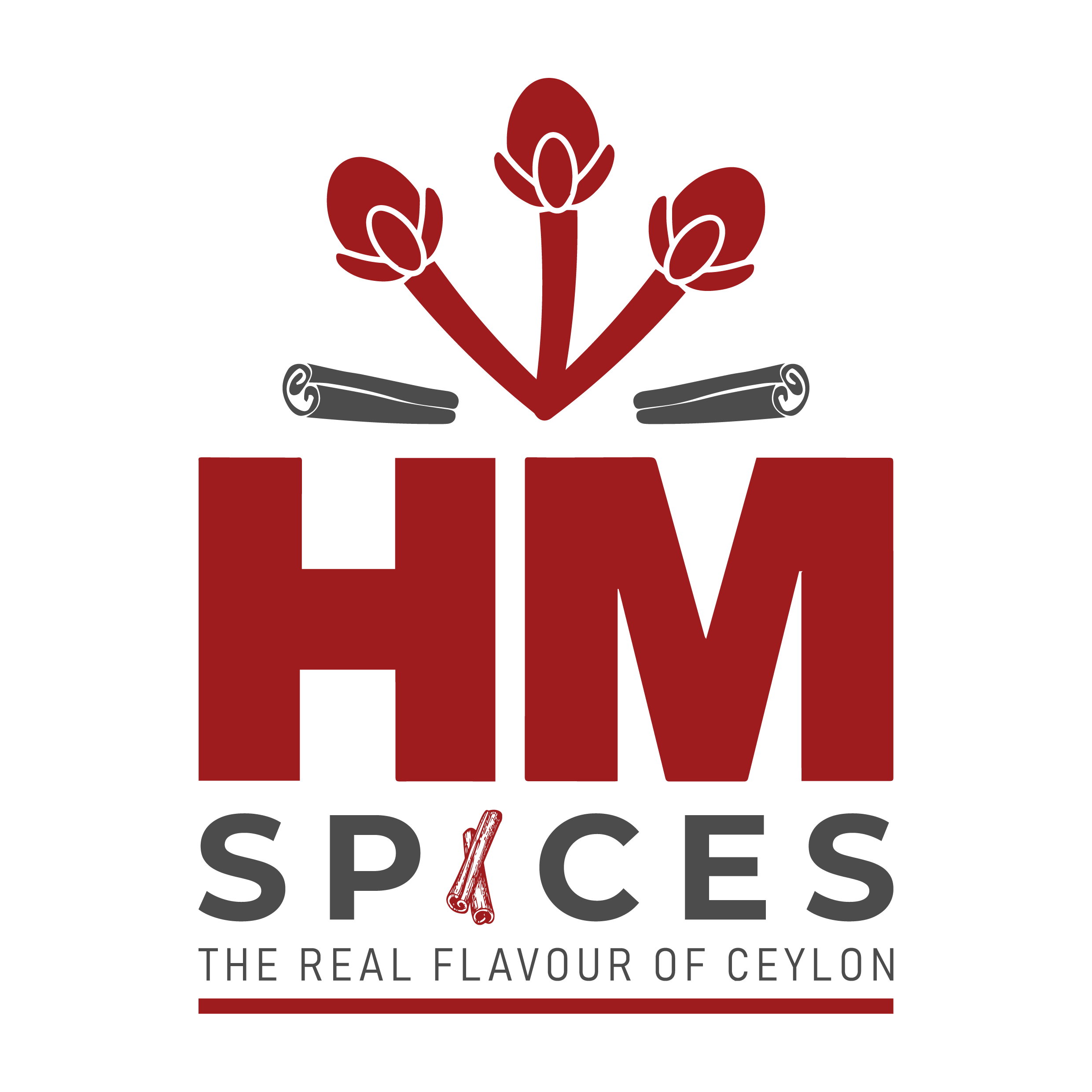Spices intro

Cinnamon:

Origins:
Cinnamon, derived from the inner bark of trees belonging to the Cinnamomum genus, has been treasured for centuries. Its origins can be traced back to ancient Sri Lanka (formerly Ceylon), where it was first cultivated.
Ancient Trade:
Cinnamon was highly sought after by ancient civilizations such as the Egyptians, Romans, and Greeks. It was considered a precious commodity, used in rituals, embalming, and even as a gift for monarchs.
Spice Routes:
Cinnamon became a prized spice during the medieval period, leading to the establishment of spice routes connecting Asia, Africa, and Europe. Arab traders played a crucial role in its distribution, leading to its popularity across the continents.
Colonial Influence:
European powers, including the Portuguese, Dutch, and British, vied for control over the lucrative spice trade. They established colonies and plantations in cinnamon-growing regions, contributing to its global availability.
Clove:

Origins:
Cloves are the dried flower buds of the Syzygium aromaticum tree, native to the Maluku Islands in Indonesia. The spice has a long history, with archaeological evidence suggesting its use in ancient China and Egypt.
Ancient and Medieval Uses:
Cloves were highly valued in ancient civilizations for their aromatic and medicinal properties. They were used in food preservation, perfumes, and even as a form of currency.
Spice Monopoly:
During the 16th and 17th centuries, the Dutch East India Company gained a monopoly over the clove trade by controlling production in the Maluku Islands. This led to the establishment of clove plantations and the subsequent spread of cultivation to other regions.
Modern Significance:
Today, cloves are widely used in culinary applications, adding a warm and aromatic flavor to dishes. They are also recognized for their medicinal properties, including their analgesic and antiseptic qualities.
Pepper:

Origins:
Pepper, known as the “king of spices,” has a history dating back over 4,000 years. It originated in the Malabar Coast of India and was highly valued for its pungent flavor and preservative qualities.
Ancient Trade:
Pepper was among the most sought-after spices during ancient times. It played a crucial role in the spice trade between India, the Middle East, and the Roman Empire. Pepper even became a form of currency in some regions.
European Exploration:
The search for pepper and other valuable spices motivated European explorers to embark on voyages, leading to the age of exploration. Portuguese, Dutch, and British traders established colonies and trading posts in pepper-growing regions.
Global Availability:
Today, pepper is widely cultivated in various tropical regions, including India, Indonesia, Vietnam, and Brazil. It remains a staple spice in cuisines worldwide, adding a distinct heat and flavor to dishes.
